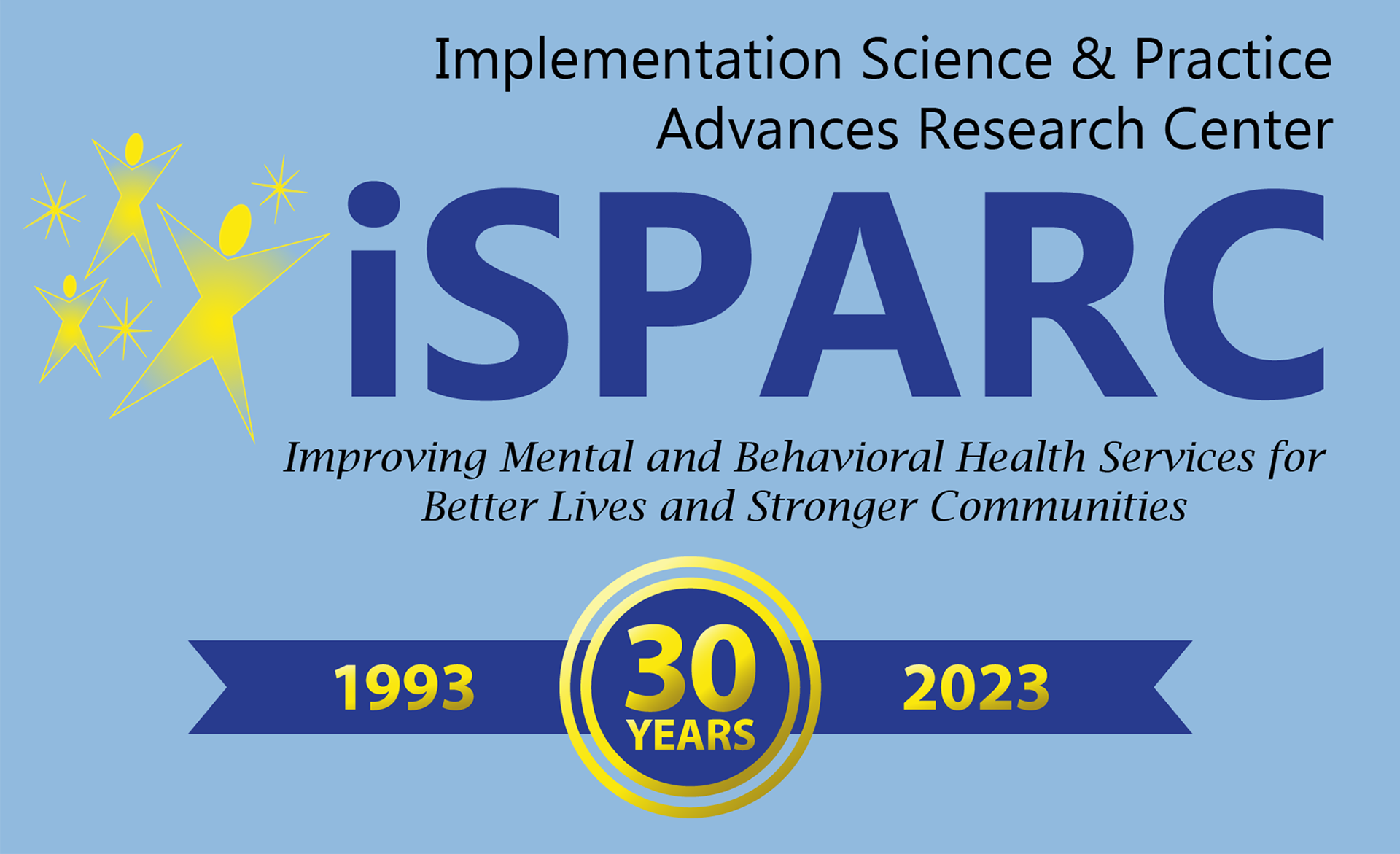Parents & Families
|
Front-line professionals can serve a key role in treatment of mental illness in parents and children and in mitigating the impact of parental mental illness on child development and behavior. Through the use of evidence-based research and training programs we strive to increase the knowledge and skills of physicians, attorneys, law enforcement, school and court personnel and the systems they work in. We focus on:
|
|
Ongoing Projects
PRogram in Support of Mothers (PRISM): An Innovative Stepped-Care Approach for Obstetrics and Gynecology Clinics
Title: PRogram in Support of Mothers (PRISM): An Innovative Stepped-Care Approach for Obstetrics and Gynecology Clinics
Dates: 9/30/2015 - 9/29/2020
Funder: Centers for Disease Control and Prevention
Funding: $2,499,000
Description: The primary goal of this project is to refine, evaluate, and disseminate a new low-cost and sustainable stepped care program for Obstetrics/Gynecology (Ob/Gyn) clinics that will improve perinatal women’s depression treatment rates and outcomes. PRISM aims to improve perinatal depression treatment and treatment response rates through: (1) access to immediate resource provision/referrals and psychiatric telephone consultation for Ob/Gyn providers; (2) clinic-specific implementation of stepped care, including training support and toolkits; and, (3) proactive treatment engagement, patient monitoring, and stepped treatment response to depression screening/assessment. PRISM builds on a low-cost and widely disseminated population-based model for delivering psychiatric care in primary care settings developed by our team – MCPAP for Moms. Our pilot work in real-world settings suggests PRISM is feasible and improves depression detection and treatment in Ob/Gyn settings. Because it uses existing infrastructure and resources, PRISM has the potential to be feasible, sustainable and transportable to other practice settings.
Online Training for Addressing Perinatal Depression
Title: Online Training for Addressing Perinatal Depression
Dates: 2019-2022
Funder: Praxis, Inc. / STTR (Phase II)
Funding: $1,000,000
PI: Nancy Byatt, DO, MS, MBA, FACLP
Description: The primary goal of this proposal is to develop, implement, and evaluate an online module to improve obstetric providers’ knowledge, attitudes, and practices regarding perinatal mood and anxiety disorders.
The Lifeline4Moms Network of Perinatal Psychiatry Access Programs
Title: The Lifeline4Moms Network of Perinatal Psychiatry Access Programs
Dates: 2/13/2019-2/12/2020
Funder: Perigee Fund
Funding: $369,800
PI: Nancy Byatt, DO, MS, MBA, FACLP and Tiffany Moore Simas, M.D.
Description: The two goals are to form a multi-state network of access programs and stakeholders and to develop a robust data sharing platform.
The University of Massachusetts Child Trauma Training Center
Title: The University of Massachusetts Child Trauma Training Center
Dates: 9/30/2016-9/29/2021
Funder: Substance Abuse & Mental Health Services Administration (SAMHSA)
Funding: $2,000,000
PI: Jessica L. Griffin, Psy.D.
Description: This project allows the UMass Chan Medical School Department of Psychiatry to maintain, expand, and enhance the Child Trauma Training Center (CTTC) with the aim of improving identification of childhood trauma, increasing trauma responsiveness among youth-serving professionals, and expanding access to evidence-based practices (EBPs) (e.g., Trauma-Focused Cognitive-Behavioral Therapy). The CTTC’s population of focus will be children and adolescents who have been exposed to trauma, ages 0-21 years, throughout the Commonwealth . Our priority population is Court-Involved Youth and the project will focus its efforts on the most underserved and high risk groups within and across our population of focus: transition-age youth, youth with substance abusing parents, lesbian, gay, transsexual, bisexual, and questioning (LGTBQ) youth, commercially sexually exploited children, and youth in military families. The CTTC has three primary goals: (1) to provide trauma-informed care training to develop, enhance, and strengthen the capacity of 10,600 front-line youth-serving professionals (e.g., within pediatrics, courts and other local and state agencies) to identify, screen and/or assess for childhood trauma, to implement trauma-responsive practices, and to provide referrals to EBPs; (2) to strengthen and enhance an innovative and EBP neutral, statewide Centralized Referral System (LINK-KID) to improve access to care for traumatized youth by providing referrals, statewide, to EBPs for approximately 4,000 youth during the grant period; and, (3) to provide Trauma-Focused Cognitive-Behavioral Therapy to youth ages 3-21 by training clinicians statewide through intensive learning communities.

 Nancy Byatt, D.O., M.S., M.B.A., FACLP
Nancy Byatt, D.O., M.S., M.B.A., FACLP Jessica Griffin, Psy.D.
Jessica Griffin, Psy.D. Tiffany A. Moore Simas, M.D., M.P.H., M.Ed., F.A.C.O.G
Tiffany A. Moore Simas, M.D., M.P.H., M.Ed., F.A.C.O.G